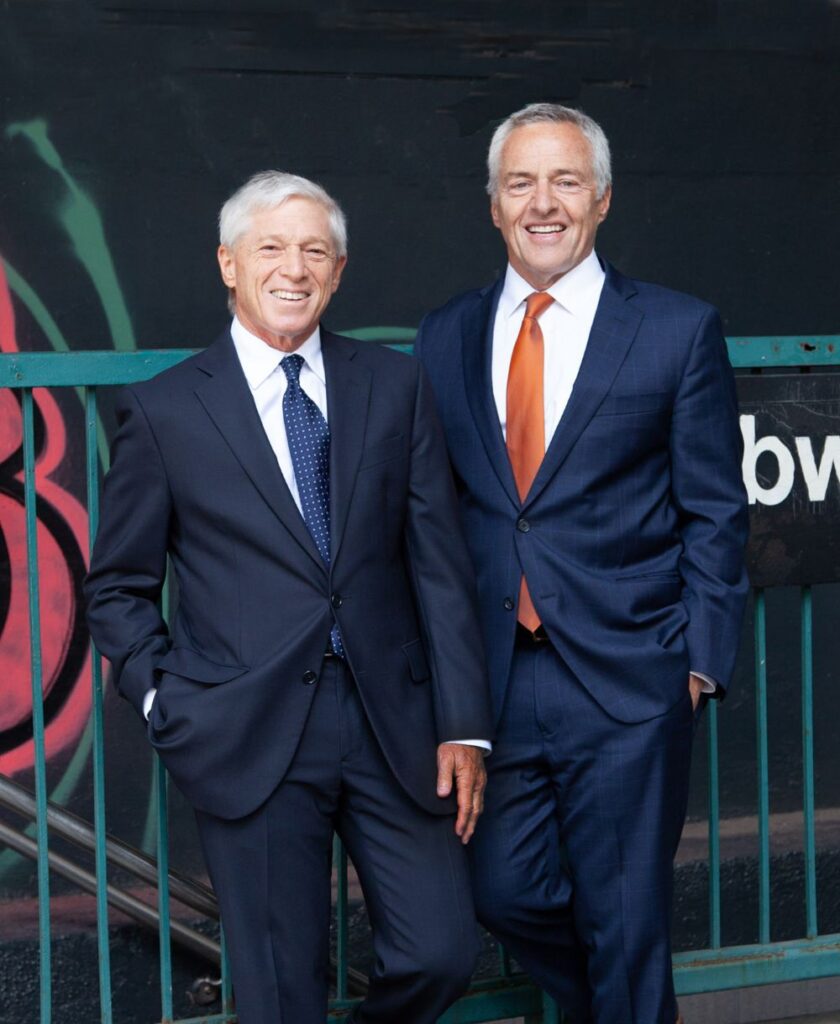Robert Vilensky is committed to helping victims of train derailments. After yesterday’s train derailment in Harlem, Mr. Vilensky was interviewed today by NBC News.
On Tuesday, June 27th, 2017, two cars of a Brooklyn-bound A train struck a piece of replacement rail that was on the tracks just outside the 125th St. station in Harlem at 9:45 a.m., and 34 subway passengers were treated for minor injuries. This derailment crippled the subways system citywide and forced hundreds of people to crawl through the subway tunnel to safety. The MTA is blaming “human error.”
The preliminary investigation found that the derailment was caused by “an improperly secured piece of replacement rail that was stored on the tracks,” according to MTA Chairman Joe Lhota and Interim MTA Executive Director Ronnie Hakim.
Robert Vilensky told NBC that typically, “MTA stores replacement rails right next to active tracks, as they are incredibly heavy and need to be easily accessible when tracks become damaged.”
With MTA blaming the derailment on an unsecured piece or replacement track, Mr. Vilensky cannot believe this and says he “doesn’t buy it for a second.” He explained further, saying that “there are trains coming on those tracks every 2-3 minutes at that time of day, and there is no way the heavy track pieces just moved suddenly.”
Mr. Vilensky asks that if that was the case, then where were the MTA supervisors? With over 10 million MTA riders per day, how was this allowed to happen?
After the 2013 Metro-North derailment in the Bronx killed four people and the 2016 NJ Transit crash that killed one person in Hoboken, both train engineers used the sleep apnea defense and were cleared of charges.
From the New York Post on March 15, 2017: “Robert Vilensky, the lawyer for LIRR crash victim Wanda Rich, who is suffered nerve damage and fractured ribs, is suing the MTA and engineer Michael Bakalo, 50, of Melville, LI, for a total of $15 million. “It just seems to be a very convenient defense,’’ he said of the engineer’s alleged sleep apnea. “I’m not buying it.’’”
Another of Mr. Vilensky’s clients was one of the 100 people injured in the LIRR crash in January 2017 at Atlantic Terminal in Brooklyn. That case is still being investigated, and the train engineer “may have” suffered from sleep apnea as well.
Robert Vilensky is adamant that the New York City subway system is a decrepit system that will cost millions of dollars to fix, but instead of fixing it now, the MTA has to pay out lots of money in claims because of their negligence.




